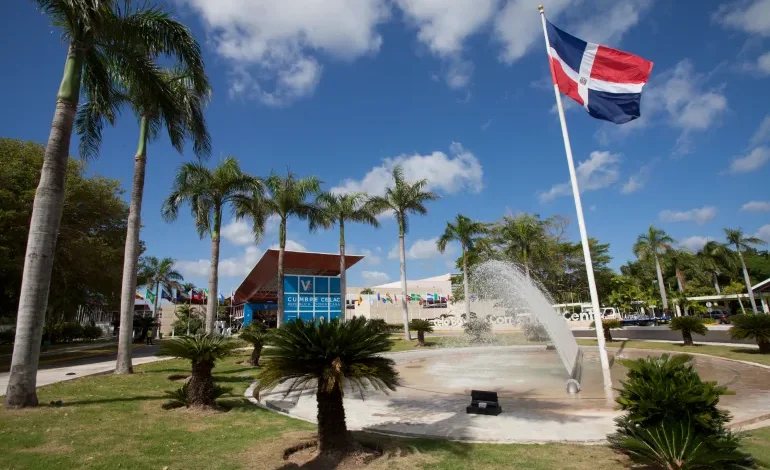Dominican Republic to trial four-day work week: Can it work globally?

In February, the Dominican Republic will become the first Caribbean nation to test a four-day work week, following similar trials in countries such as the United Kingdom.
The six-month pilot will be voluntary for companies and will not involve a pay cut for participating employees.
Growing calls for a shorter work week have stemmed from COVID-19-era discussions and anecdotes that long and in-person work hours do not necessarily guarantee higher productivity.
So what is the four-day work week trial in the Dominican Republic, and has it had success elsewhere?
What is the Dominican Republic’s four-day work week trial?
Beginning in February, organisations in the Caribbean nation can choose whether to implement a six-month-long trial of a four-day work week.
The standard week will drop to 36 hours from 44 hours, typically running from Monday through to Thursday. Employees will continue to earn the same salaries.
Some of the companies expected to participate in the trial run include the government’s national health insurance agency; power company EGE Haina; Claro, a Latin American telecommunications company; and IMCA, a heavy equipment business.
A local university has been tasked with analysing the results, including any health changes in workers and the relationship between work and their personal lives.
How does a four-day work week actually … work?
In a four-day work week, the workload typically remains the same. But companies, managers and their teams are forced to prioritise even more than they otherwise have to, cutting out, perhaps, some meetings.
But there’s something else too that a four-day week model must emphasise, according to the Dominican Republic’s Labour Minister Luis Miguel de Camps.









